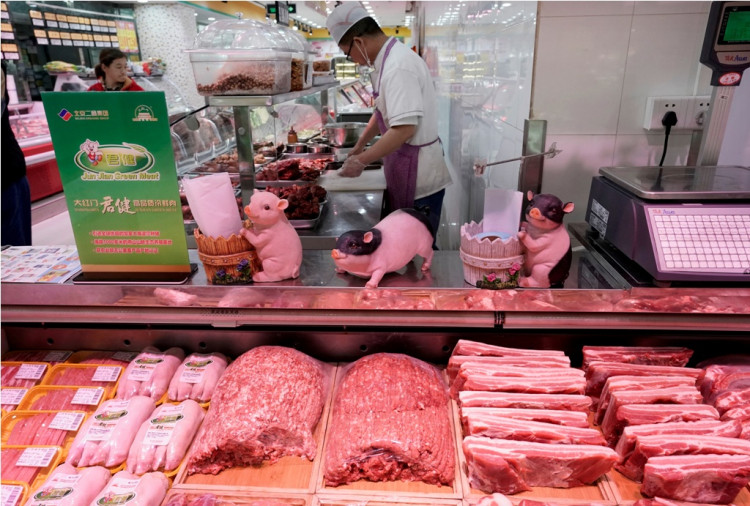China and Argentina agreed on a new deal that will allow the later to export pork to China. The world's largest consumer of pork will accommodate the products of 25 meat-packing plants in Argentina.
According to Reuters' report on Tuesday, Argentina plans to bolster its trade balance by pushing to increase its agricultural trade with China despite the increasing volatility of its peso currency. China is at risk of a pork shortage after it was ravaged by the African swine fever.
According to the Argentinian President Mauricio Macri on Monday, they have obtained approval to export pork to China, one of the world's top consumers of the meat.
Aside from pork, Argentina also plans to increase it's the export of higher-margin domestically processed soy meal to China. The export of the country to China reached $3.48 billion in 2018. Not less than 86 percent of the whole export came from the agriculture sector.
China imposed tariffs of 62 percent in United States pork where the 50 percent was applied due to the trade war between the two countries. Jim Monroe, NPPC assistant vice president, with reports of a dramatic reduction in China's domestic production, China represents an enormous opportunity for U.S. pork producers. He added that, obviously, the tariffs that they face severely limit their ability to compete in this market. He called for an end to trade disputes that are resulting in serious financial harm to our farmers.
Recently, the largest exporter of United States pork products made new trade agreements with the European Union and the nations of the TPP-11 agreement. The export of the country from the United States is expected to decline because of the deals. According to Mr. Monroe, it's time to end trade disputes with China and Mexico, ratify USMCA and quickly complete a trade deal with Japan.
United States experts projected that pork prices will go higher and stay elevated until 2020 because of the African swine fever outbreaks in China. Steve Meyer, an industry economist with Kerns & Associates in Iowa, said that consumers need to pack stock pork because of the high prices.
Thomas Palmer, a J.P. Morgan analyst, said that African swine fever in China could result in an extended period of elevated pork pricing in the United States. He also said that there's still no containment of the swine virus, and the replacement of the herd in China is likely to take a minimum of 20 months which means that elevated demand for non-domestic pork will continue into 2020, at the least.





